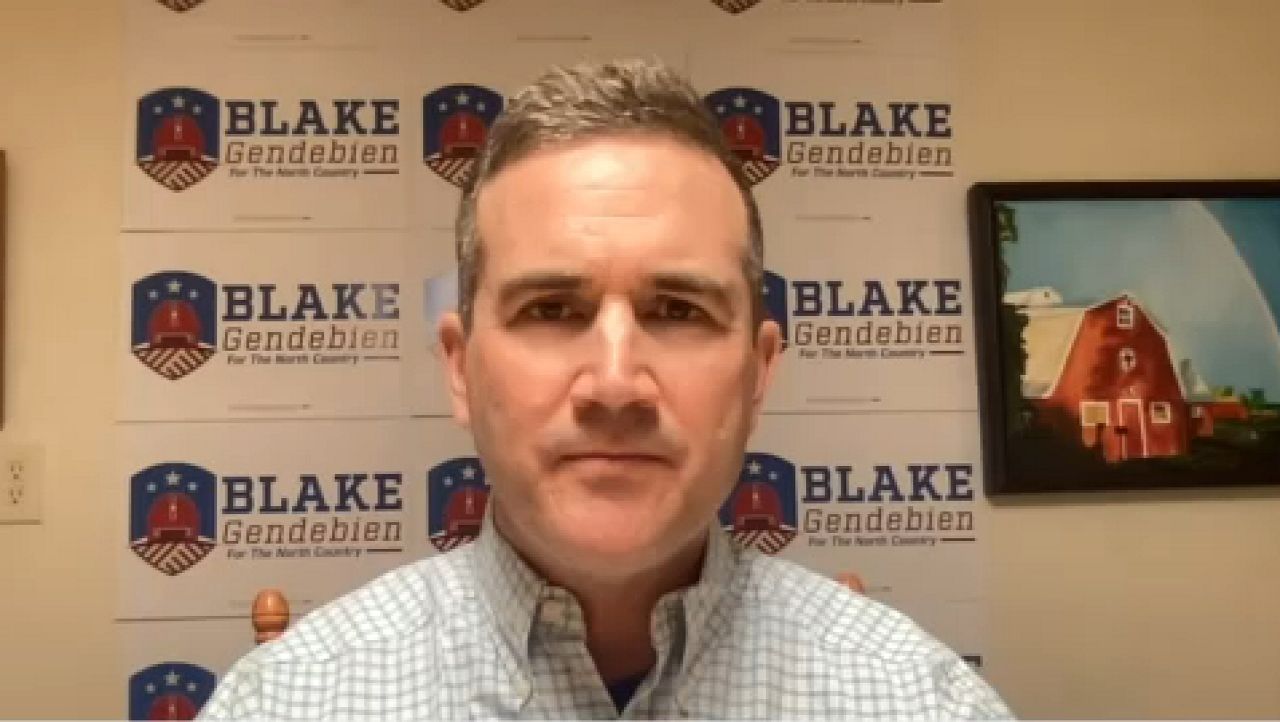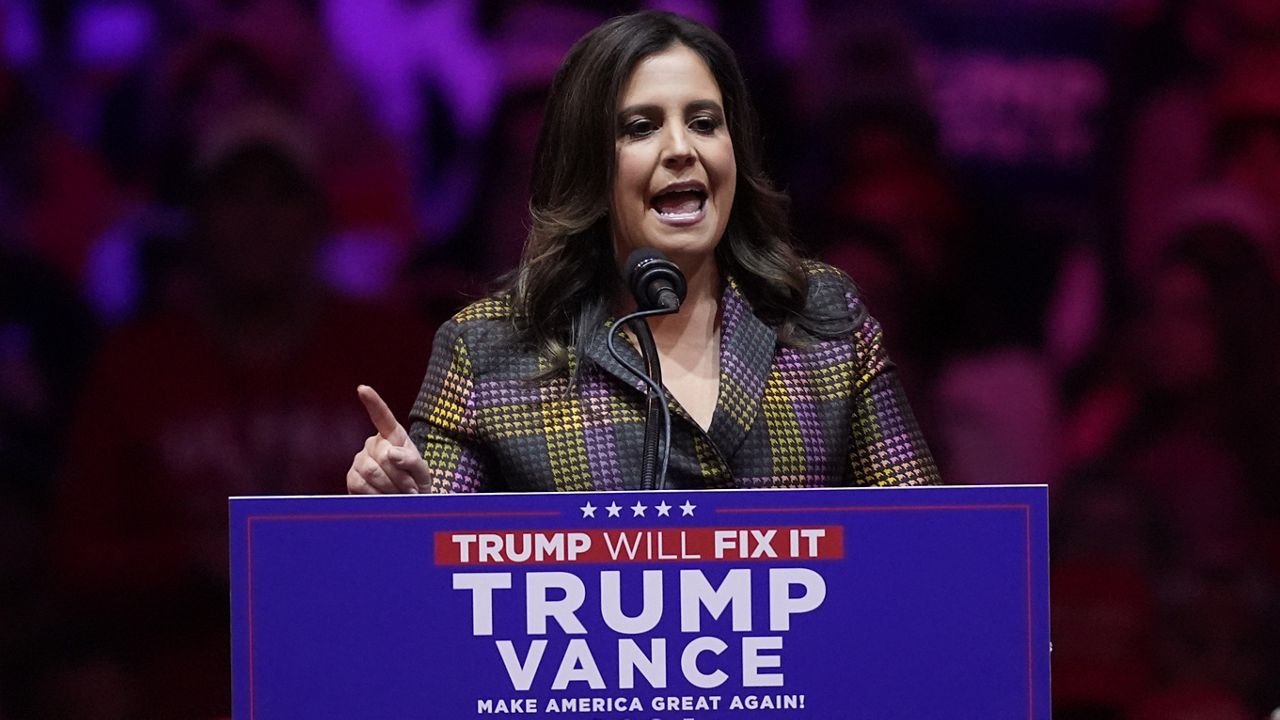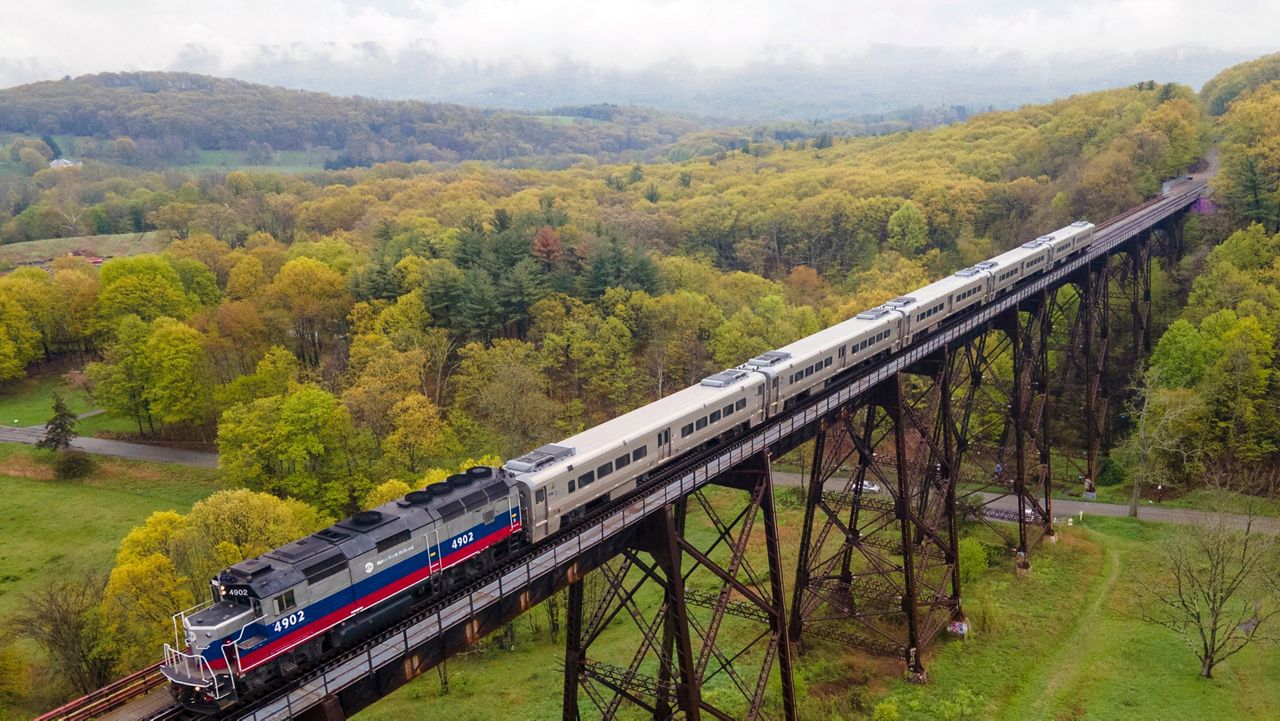“Secrecy in Albany is like gravity,” quipped Blair Horner of the New York Public Interest Research Group (NYPIRG). “It’s one of those immutable laws of science and political physics.”
But should we care the budget is negotiated in secret?
During the budget process, New York’s governor and legislative leaders are tasked with mapping out how to use taxpayer money to pay for issues as universal as education and as targeted as film and television tax breaks.

But other groups, like Horner’s NYPIRG, argue that if there is a new point of negotiation in the budget that no one’s yet hashed out, it should be made public so there can be a hearing on the topic.
“The way that New York budgets play out because they’re in secret, is that things can get cooked up that no one knew was coming and were not adequately publicly vetted,” explained Horner. “But by the time the public finds out, the trains have already left the station.”
As an example, he pointed to the change the Hochul administration had pushed last week to the state’s Climate Law.
“There had been no public hearings. No committee votes. Nobody had proposed that in the budget and it was just sort of plopped in there in secret. I guess to the governor’s misfortune, it leaked out,” he said. “It’s astonishing that the governor would propose to blow up the climate law over affordability, and still have a problem with making the oil companies pick up the tab.”
On the substance of the issue, Horner argues that there is a bill the state Senate already passed sponsored by Sen. Liz Krueger and Assemblymember Jeffrey Dinowitz that addresses affordability by forcing oil companies to pay into a climate fund.
“There’s a proposal in the budget, the Senate’s advanced it, to tag the world’s biggest oil companies $3 billion for the next 25 years to offset the costs of climate damages in New York. Why not use that? Why say you have to weaken the state’s climate law in order to get savings? Why not get it from the most profitable companies in the world, who happen to be the reason we’re in this problem in the first place,” Horner asked.
But the larger systemic issue is secrecy around budget-making in Albany.
“For watchdog groups, the secret budget horse-trading is totally obnoxious, disconcerting and nerve racking. It's like having a giant bomb of really bad ideas land in your front yard without immediately exploding. Is it a dud? Is it going to blow your house up? Is another one on the way? The cynicism is epic and it's why the press and public have such a sour view of Albany. There is no transparency or accountability and it makes you wonder if the bill introductions, committee meetings, hearings or even the entire 'regular' session are just for show — something for the legislative JV team to do,” John Kaehny, of Reinvent Albany, told Capital Tonight. “Crappily, the secret budget trading is getting worse and worse, with governors stuffing more and more policy into the budget to maximize their leverage.”
Kaehny warned that other “budget bombs” this year could include: subsidies for the real estate industry to convert office buildings to housing, the siting of a casino in Manhattan and delaying congestion pricing.










